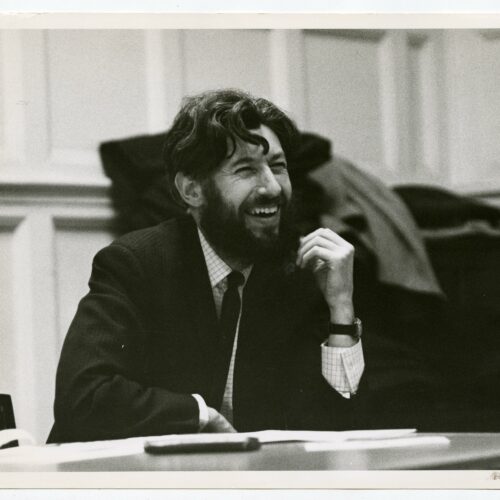

When we stand up for freedom of conscience, for the rights of the individual, for the rational approach and against totalitarianism in all its forms we are taking a stand which finds support in all quarters of politics.
Christopher Macy, New Humanist, May 1974
The Humanist Parliamentary Group (now the All-Party Parliamentary Humanist Group) officially began in the 1960s, the same decade as the influential Humanist Lobby was formed. Although its fortunes fluctuated over the years, it numbered many influential figures among its members, from Bessie Braddock to Fenner Brockway. Following a revival in the 1990s, the group went from strength to strength, building a membership across all of the main parties, and ultimately becoming the All-Party Parliamentary Humanist Group.
The idea of a humanist coalition in Parliament had its origins in the early 1950s, when the Labour MP Joseph Reeves convened a group apparently independently of the wider humanist movement. Reeves was a Vice President of the Ethical Union (now Humanists UK), a member of the Rationalist Press Association’s board, and Labour MP for Greenwich 1945–1959. This early group operated as The Parliamentary Committee for Freedom of Religious Controversy, but Reeves was again at the helm when, in 1965, he, H.J. Blackham, and David Pollock came together to bring about what would become the Humanist Parliamentary Group.
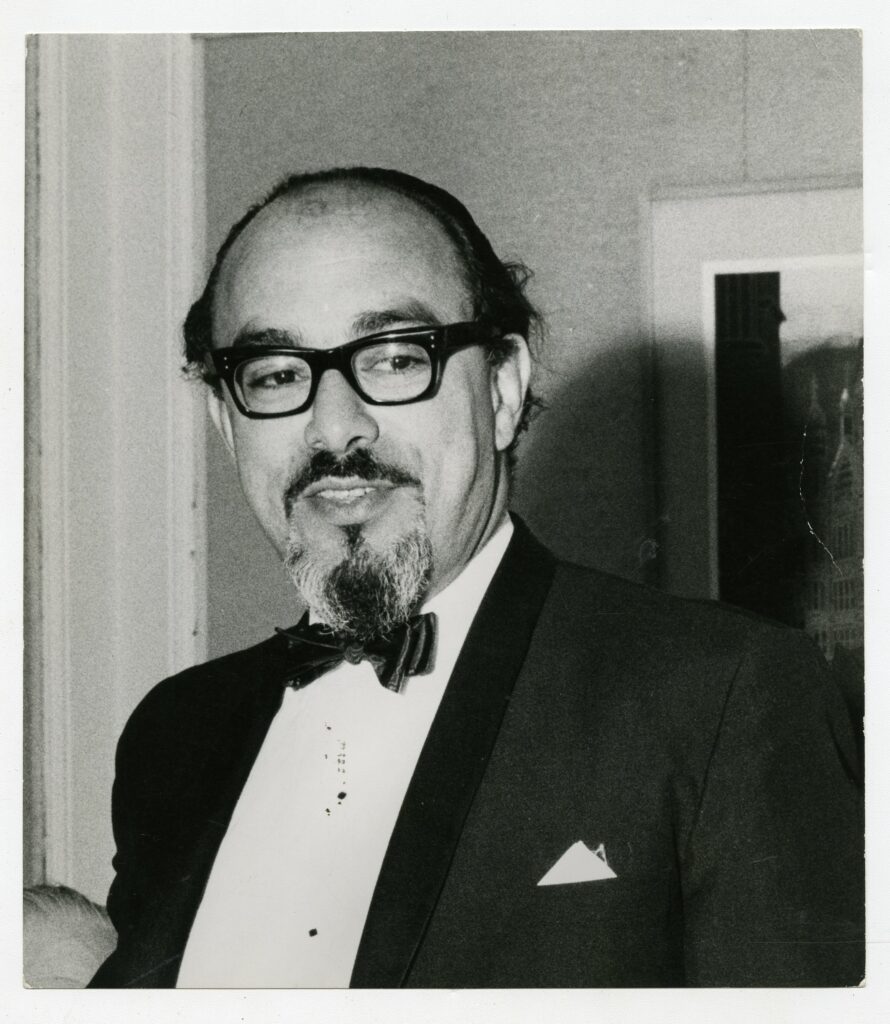
That year, 71 MPs and Lords were invited to tea at the House of Commons, although only five attended. Nonetheless, work to establish the group continued, and action to oppose raising government subsidy for church schools had a galvanising effect. In November 1966, Dr David Kerr MP moved an amendment affirming:
the right of some people to follow none of the recognised faiths but to adhere to a material faith which is generally described as humanism or secularism.
This was signed by 17 further MPs: Peter Jackson, John Lee, Michael Foot, Edward (Ted) Fletcher, Denis Hobden, Russell Kerr, James Dickens, Arthur Palmer, Lena Jeger, Sydney Bidwell, John Ryan, Albert Booth, Andrew Faulds, Joan Lestor, Hugh Gray, Bill Hilton and John Parker. Kerr argued that ‘however it may be represented as serving the interests of a section of the community, we feel in the long run is inimical to the progress of properly integrated, non-segregated education.’ Although unsuccessful, this was ‘the first concerted humanist action in the British Parliament’ (Callum G. Brown).
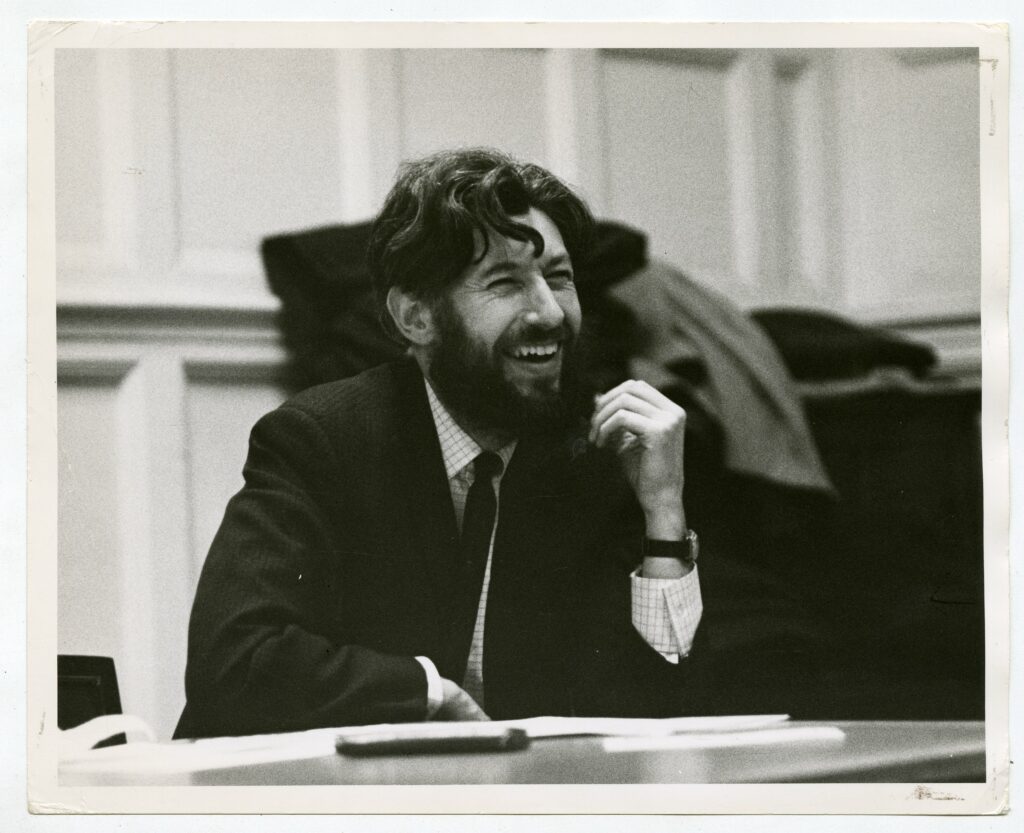
On 7 November 1967, the Humanist Parliamentary Group’s inaugural session was attended by Leo Abse, Edward Fletcher, Peter Jackson, David Kerr, Ian Mikardo, and John Parker, as well as representatives from both the British Humanist Association (now Humanists UK) and the National Secular Society. Building on the contacts and causes of Humanist Lobby (formed in 1965), the Humanist Parliamentary Group took up key issues including marriage law reform, religious broadcasting on the BBC, moral education, and bishops in the House of Lords. In 1968, its members were: Leo Abse, Austen Albu, Bessie Braddock, James Dickens, Edward Fletcher, Michael Foot, Will Hamling, John Horner, Peter Jackson (Secretary), Lena Jeger, Hugh Jenkins, Dr. David Kerr (Chairman), Ian Mikardo, Dr. Maurice Miller, Stan Newens, Reginald Paget, Arthur Palmer, John Parker, Renée Short, Brian Walden, Lord Brockway, Lord Chorley, Lord Francis-Williams, Lord Listowel, Lord Raglan, Lord Ritchie-Calder, and Lord Willis (President of the Humanist Housing Association).
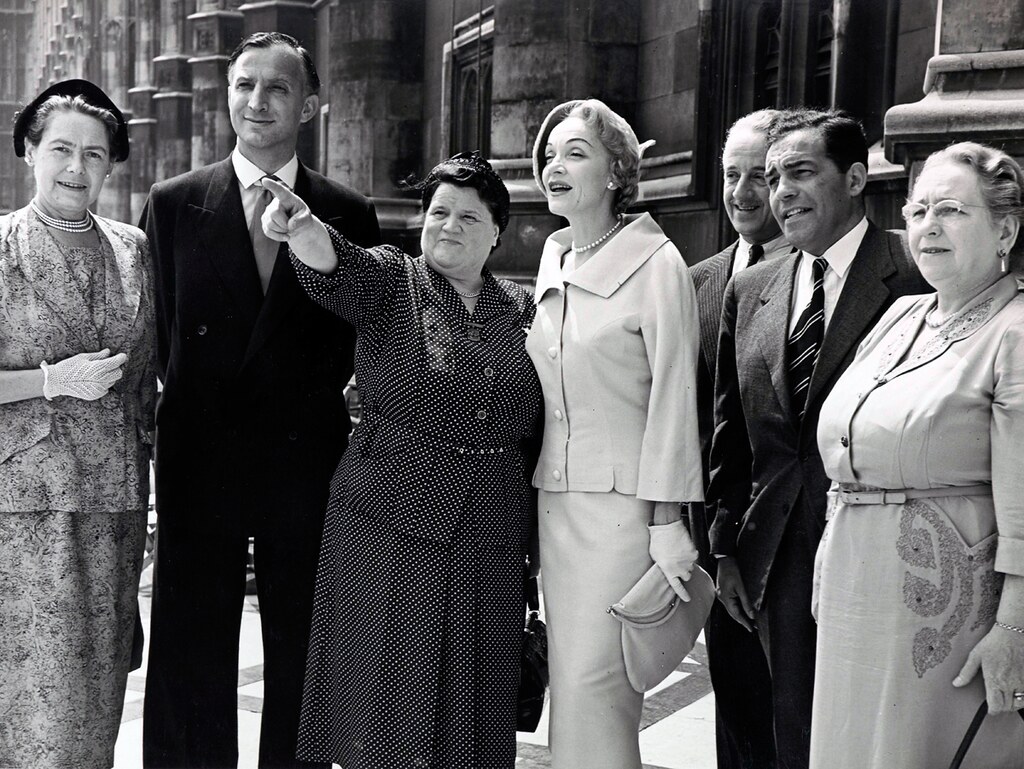
The Humanist Parliamentary Group’s fortunes suffered in 1970, when Labour lost the general election. Activity ceased in 1971, but was briefly revived thanks to the efforts of David Pollock and Barbara Smoker. At the 1974 election, further humanist supporters were lost, though it was noted that 23 members of the new Parliament were humanists, alongside 11 peers who were members of the Humanist Parliamentary Group. The press reported on a number of ministers who took a secular affirmation rather than swearing an oath, including Michael Foot, Barbara Castle, Anthony Crosland, Fred Peart, and Tony Benn.
The Humanist Parliamentary Group was revived in the mid-1990s by Lord Dormand of Easington, helped by an influx of Labour MPs with the 1997 election. In 1998, it had 48 members, including Rhodri Morgan, who would become First Minister of Wales, and Nick Brown, MP for Newcastle-upon-Tyne East. For much of its existence, the Humanist Parliamentary Group struggled to recruit members from parties other than Labour and the Liberal Democrats, but this shifted as it grew. By the 2000s, it could officially become the All-Party Parliamentary Humanist Group, and by the end of the 2019-24 Parliament had more than 115 members, of all the main parties.
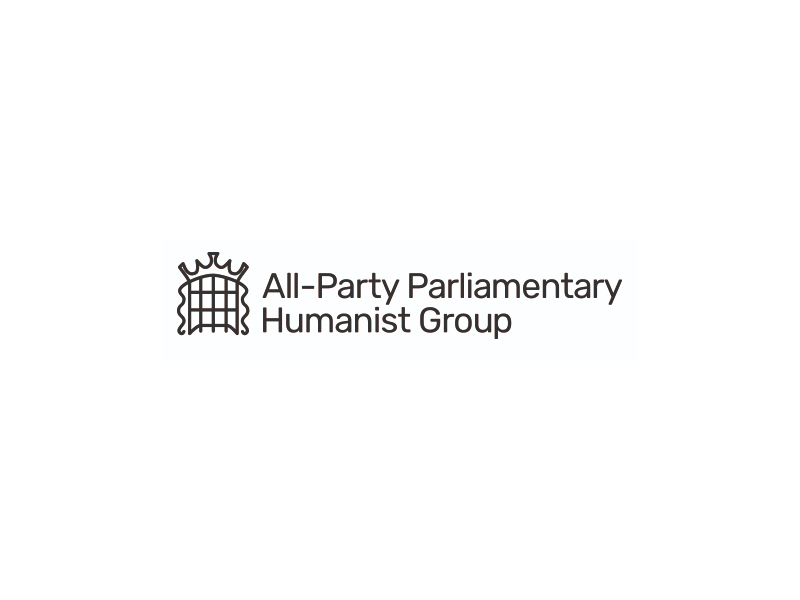
Today, the All-Party Parliamentary Humanist Group meets around four times a year to hear speakers and discuss relevant issues, as well as to share information and receive briefings on matters of interest. These matters are wide-ranging and include the promotion of a rational approach to bioethical, medical, and scientific issues; the defence of free speech, civil liberties, and education; constitutional issues and freedom of religion or belief; and other issues of relevance to humanists.
Callum G. Brown, David Nash, and Charlie Lynch, The Humanist Movement in Modern Britain: A History of Ethicists, Rationalists and Humanists (2023)
Humanists in Parliament | Humanists UK
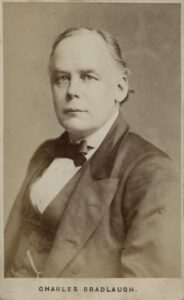
Charles Bradlaugh was a leading freethinker, secularist, and founder of the National Secular Society. His efforts to take his seat […]
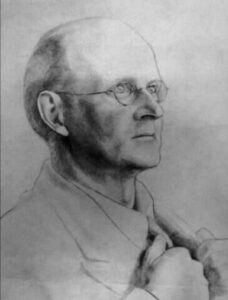
If he had ever worshipped at any shrine, it would have been one illumined with the flame of pure intellect. […]
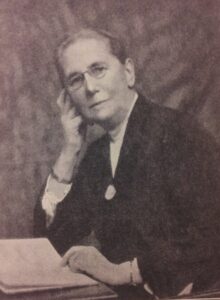
When we are asked to believe that nothing but a supernatural ideal can inspire and sustain a life-time of complete […]
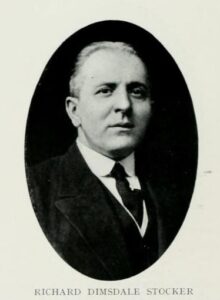
But this much is certain, that, taking the world as we find it, sympathy, plus a modicum of common sense […]